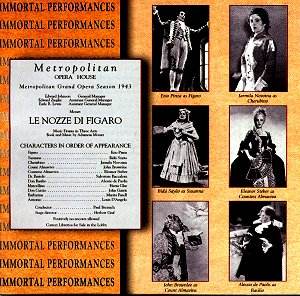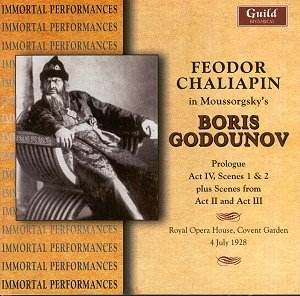 Composer: Christoph Willibald Gluck
Composer: Christoph Willibald Gluck
Works: Iphigénie en Tauride
Performers: Susan Graham (soprano: Iphigénie), Paul Groves (tenor: Pylade), Thomas Hampson (baritone: Oreste), Philippe Rouillon (bass: Thoas), Walter Zeh (bass: Minister), Olga Schalaeva (soprano: Priestess), Astrid Hofer (soprano: Priestess), Patrick Arnaud (tenor: Scythian), Elena Nebera (soprano: Greek woman)
Recording: Live performance, 2 August 2000, Residenzhof, Salzburg
Label: Orfeo C 563 012 I
Gluck’s Iphigénie en Tauride, first performed in 1779, stands as a pivotal work in the operatic canon, marking a significant evolution towards the ideals of dramatic realism and emotional depth that would characterize the Romantic era. With a libretto by Nicholas-François Guillard, this opera encapsulates the essence of Greek tragedy while simultaneously pushing the boundaries of operatic expression. As Gluck’s final major composition, it seeks to provide a modern revival of classical themes, a pursuit that would later inspire composers like Bellini, Berlioz, and Strauss. This new recording from Orfeo presents a live performance from the Salzburg Festival, a setting ripe with historical resonance and musical vibrancy.
Under Ivor Bolton’s direction, the performance navigates the intricate emotional landscape of Iphigénie en Tauride with commendable vigor. Bolton’s interpretation is marked by an exciting interpretation of the opening storm music, where he pushes the tempo to its limits—a choice that emphasizes the raw intensity of the opera’s dramatic stakes. This dynamic approach is complemented by a reflective treatment of the more lyrical sections, allowing for a nuanced exploration of character and emotion. The orchestra, drawn from the Salzburg Mozarteum, plays with an impressive intensity, their response to Bolton’s interpretative choices evident in the tightly woven ensemble sound. The interplay between the orchestra and soloists reveals a palpable sense of urgency and cohesion, hallmarks of a committed live performance.
The vocal performances are notably strong, with Susan Graham delivering a deeply engaged portrayal of Iphigénie. Her ability to convey emotional depth, particularly in the arias, is striking; she navigates the character’s turmoil with a combination of technical prowess and expressive nuance. Thomas Hampson’s Oreste, characterized by a noble timbre, brings a compelling gravitas to the role, particularly in moments of chiaroscuro during his recitatives, where his diction and phrasing stand out. Paul Groves as Pylade complements Hampson effectively, providing a solid counterpoint that avoids the common pitfall of overshadowing the lead. Philippe Rouillon’s portrayal of Thoas, although limited in stage time, is impactful, ensuring that his character’s moments resonate within the unfolding drama. The chorus, while commendable, exhibits slight inconsistencies that suggest limited rehearsal time, which may detract from the overall polish of the production.
Sound quality is a critical aspect of this recording, and Orfeo’s engineering captures the vibrant atmosphere of the Salzburg courtyard effectively. The balance between voices and orchestra is generally well managed, though there are moments when the orchestral forces overpower the vocal lines, particularly during climactic passages. The immediacy of the live performance is palpable, with the audience’s reactions adding an electric dimension often absent in studio recordings. However, significant shortcomings exist in the accompanying booklet, which fails to provide a libretto or substantial contextual information about Gluck’s work. Such omissions diminish the recording’s value as a comprehensive document for both newcomers and seasoned listeners.
This recording of Iphigénie en Tauride, while not surpassing the esteemed interpretations by conductors such as John Eliot Gardiner, Martin Pearlman, and Marc Minkowski, offers a compelling and dramatic experience. The strengths of the performance lie in its vibrant conducting, strong vocal portrayals, and the palpable energy of a live audience. Nevertheless, it is hampered by the lack of contextual material, which could have enriched the listener’s understanding of Gluck’s intentions. The interpretation, while somewhat romanticized, nonetheless embraces the opera’s emotional core, making it a worthy addition to the catalog of available recordings, albeit one that ultimately ranks lower in a highly competitive field.



